|
We created a page dedicated to Immune Mediated Polyarthritis, or IMPA, and how to diagnose and treat it in dogs and cats. IMPA is a disease in which the body attacks the joints. In pets this causes pain and inflammation with in the joints, especially in the wrists (carpus), ankles (tarsus), and the knees.
It can be difficult for a veterinarian to diagnose without a proper history and diagnostic procedures because of the classic 'shifting lameness' seen with these animals. Check out the article written about how IMPA is diagnosed and treated here: IMPA.
Comments
It's June and that means ACVIM Forum time! We're so excited to be heading to the ACVIM Forum in Phoenix next week. It's one of our favorite conferences because get to learn all things internal medicine and, of course, we get to hang out with our fellow IM nerds. So what is ACVIM? It's the American College of Veterinary Internal Medicine, the college that credentials the Internal Medicine Veterinarian Specialists (DACVIM). They host the annual Forum with over 450 sessions held over 4 days taught by industry leaders, both technicians and veterinarians. It's the best internal medicine continuing education. Academy of Internal Medicine for Veterinary Technicians The Forum is where AIMVT holds its yearly credentialing exam. Ashley and I sat for our exams 3 years ago. (What?! It's been 3 years?!) The following year we went back for our pinning ceremony and I remember the overwhelming sense of accomplishment as we received our pins. We'd worked our butts off for almost 2 years to get to that point and we'd done it. Fast forward three years and Ashley will be leading the AIMVT annual meeting as president. I'll be hanging out absorbing the tech case presentations (always my favorite!), learning from fellow technicians, and hanging out with old friends and meeting new ones. Let's Be Social!Please say hello if you see us! We'll be bringing goodies with us to share, so don't be afraid to catch our attention!!! Be sure to follow us on Facebook for pictures of the week. Use the hashtag #IMFPPatACVIM Follow the official Forum hashtag #ACVIM to follow all things Forum. AIMVT Happenings at the ForumHere's a list of some of the big things you should check out. You can bet Ashley and I will be there!! Tuesday:
**Make sure to see the ACVIM Forum schedule for any potential changes** We hope this helps you find you're way around the Forum. Can't wait to see you!! See You in Phoenix!!
Has your dog or cat been diagnosed with pneumonia?
Whether your pet has a mild cough or is struggling to breathe, your vet should take thoracic radiographs (chest x-rays) to view the lungs. These images give us vital information about what is happening within the chest. It can reveal an enlarged heart, lung inflammation or infection, fluid or air in the chest where it is not supposed to be, and even masses.
In the images below you'll see the lung fields outlined in white with the major structures labeled. In the image on the left, the normal chest x-ray, the lungs are nice and dark/black in color. You can see the heart outlined because it is denser than the surround lungs. On the image on the right, however, it is extremely difficult to see the outline of the heart and the lung fields are 'whited out'. This is what a pneumonia radiograph looks like.
Pneumonia is described as an infection that causes inflammation in the lungs. This may be in one or many of the lung lobes. Pneumonia can be caused by bacteria, viruses, fungal, protozoal, or parasite infections. The air sacs, or alveoli, of the lungs fill up with fluid or pus. (Want a refresher on anatomy? Visit the respiratory page here.)
Have you wondered how the lungs work? What about the different structures that are all part of the respiratory system? Has your pet been diagnosed with an upper or lower respiratory disease? May is all about basics and diseases affecting dogs and cats breathing. We start with basic anatomy and then we'll talk about some of the common diseases we see in veterinary internal medicine. Check out the basics in our newest section of the website: the Respiratory System. The main page includes a video explaining how dogs and cats lungs work. It's based on people, but we're all mammals and our lungs work the same way. Visit the respiratory section to see this fun video. Then watch for each of the week's topics including:
We hope this helps. If you think someone you know might be interested in the topics we cover, we'd love if you share the website with them!
Good health starts with good nutrition. If your dog or cat is diagnosed with an internal medicine disease such as kidney disease, inflammatory bowel disease, diabetes, or even thyroid disease, your veterinarian may prescribe a special therapeutic diet for them. Many of these will be a therapeutic diet, meaning you will need a prescription from your veterinarian to get it and you won't be able to purchase the food at your local pet store.
Your veterinarian may recommend a premade commercially available therapeutic food, or they may recommend a nutrition consultation for a specific, tailored diet to meet the needs of your pet. Do you love hiking with your pup?
April is Prevention of Lyme Disease in Dogs Month and to help bring awareness to the disease we're talking about ticks and Lyme Disease. Ticks are parasites from the arachnid family that feed off of blood from mammals, birds, reptiles, and some amphibians. Ticks live anywhere there is brush for them to hang out on, and wildlife is around to spread them. Here is how you can keep your little one safe from these parasites! 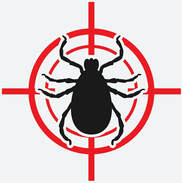
Ideally your pet is on a flea and tick preventative medication prescribed by your veterinarian. Be sure to use a veterinary approved product. Speak to your veterinarian for a prescription.
Since the best exploring is done outside, we must protect our pets as well as ourselves. After returning from exploring, take some time to carefully look through your pets fur to make sure they have not picked up any ticks. Remember to check near ears, between paw pads, and all the little nooks including the groin areas. Ticks like to hide in warm, dark, places. They are small and can appear to look like a 'skin tag' so be sure it's a tick and not a small skin mass/lesion. You can tell the difference by looking for the small legs sticking out around the body. The head will be lodged into your pets skin and the body of the tick will swell as it dines on your pets blood. Ticks will naturally fall off once they are fully engorged with blood, but it is best to remove them as soon as possible to decrease the chance of them spreading a disease. Vitamin B12, also known as cobalamin, is an essential vitamin absorbed in the guts of mammals. Dogs and cats with gastrointestinal disease such as inflammatory bowel disease or gastrointestinal lymphoma, can have low levels of B12 because their guts are not absorbing the nutrients as they should. It's an important marker for normal gut health. If your veterinarian suspects GI disease they may check the level of Vitamin B12 in your pets blood. If the levels are low your vet will recommend supplementing to help your pet feel better.
Check out the new page about Vitamin B12 and learn more about what it is, why it's important, and how to increase the Vitamin B12 levels in your pet.
DCM is Dilated Cardiomyopathy. It is a disease that causes the heart muscle to gradually get weaker and weaker. The inability of the heart to squeeze blood out well causes problems as the disease progresses.
How does this happen?
True DCM seems to be coded in the genetics of our beloved pets. The breeds that are diagnosed most commonly with DCM are large breeds including, Great Danes, Newfoundlands, and Irish wolfhounds. The top two however, are Boxers and Dobermans.
DCM shows itself in two phasesCheck out the new page we added about pet's abdomens under our 'Diseases - Gastrointestinal' page. We discuss the difference between bloat, or GDV, abdominal swelling, and distention of the abdomen in dogs and cats. We hope you take a look around the website as we're working hard on keeping it up to date and creating more pages just for you!
Let us know in the comments if there's something specific you're looking for and it just might be the next thing we work on. There is a lot of hype right now about grain free foods and heart disease in pets. We reached out to Ann, our nutrition and internal medicine small animal VTS author, for her prospective and she gave us the low down.  In July 2018, the Food and Drug Administration (FDA) issued a bulletin regarding a potential connection between diet and cases of canine Dilated Cardiomyopathy (DCM). Veterinary cardiologists had alerted the FDA of an increase in cases of DCM in breeds not typically genetically prone to this condition (1, 2). Dilated cardiomyopathy has been genetically linked to a number of breeds of dogs including Great Danes, Boxers, Newfoundland’s, Irish Wolfhounds, St. Bernard’s, and Doberman pinschers. Cardiologists were seeing an increase in non-typically breeds including mix-breed dogs and smaller dogs. (1)
Veterinary cardiologists were recently surveyed about cases of possible diet-associated DCM in dogs examined in the past 2 years. Information was provided for over 240 dogs. For dogs in which the breed was specified:
|

Ready to Work Together?
Thank you!You have successfully joined our subscriber list. This website is NOT a substitute for veterinary care with a veterinarian. We recommend you follow the advice and treatment plan as prescribed by your veterinarian, and only after discussing anything found on this website with your veterinarian, with their approval, implementing advice found here.
Most of the information on this site is free for you to read, watch or listen to, but Internal Medicine for Pet Parents is also a business. So please expect hyperlinks to be affiliate links in many cases, where we receive a small percentage of sales if you wish to purchase. We only recommend tools, books and services that we use, or people we know personally. Integrity and authenticity continue to be of the highest importance to us. Read the privacy policy here. We hope you find the site useful! Thanks – Yvonne and Ashley Check us out on Facebook!
Categories
All
Archives
October 2019
|




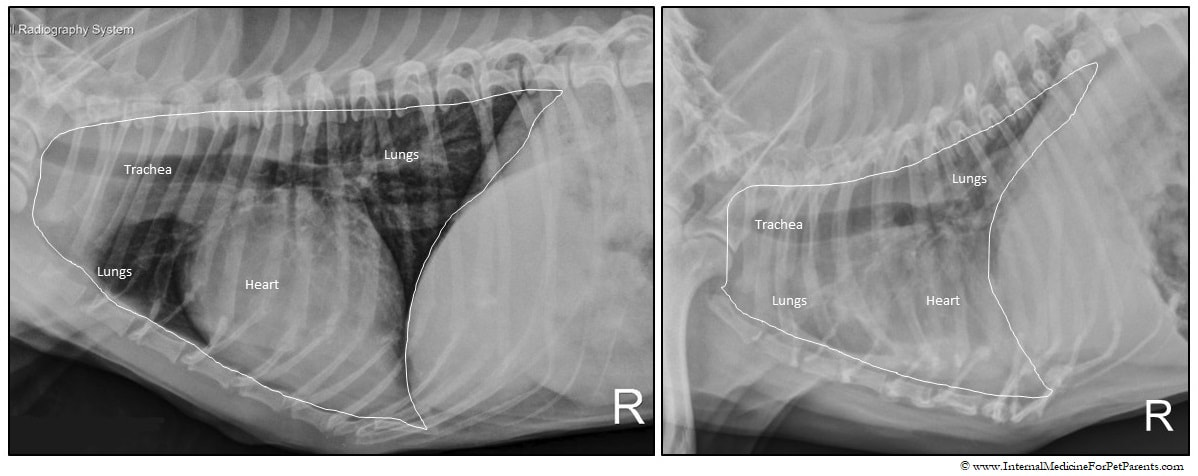
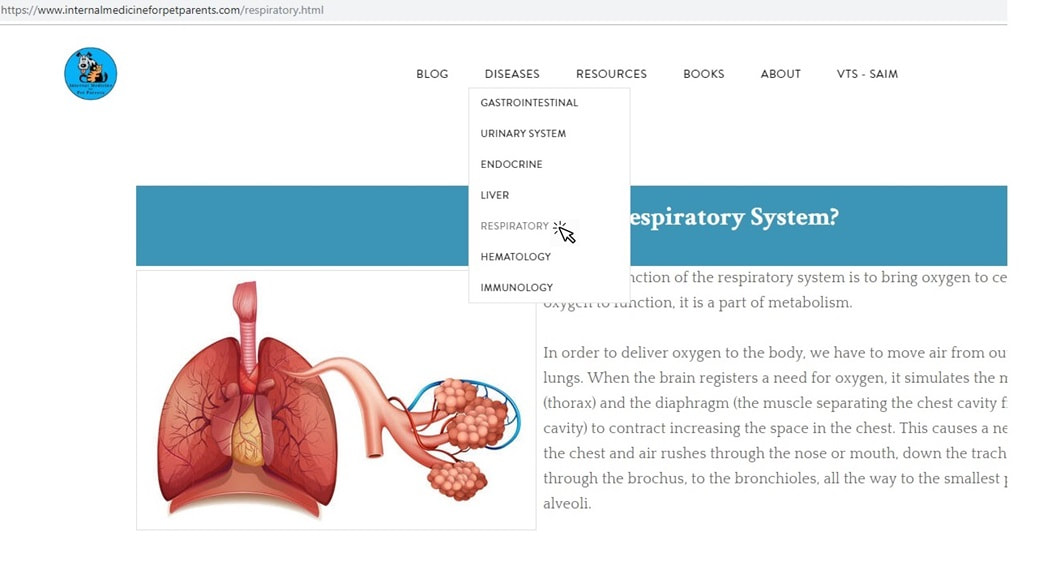


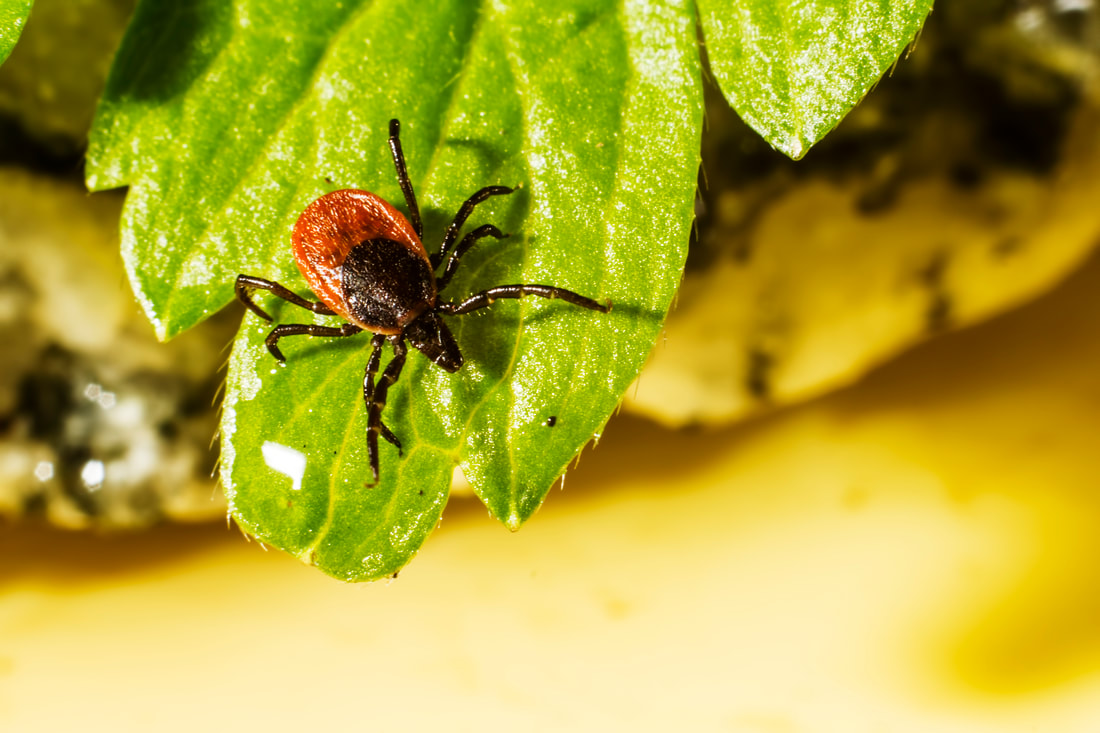
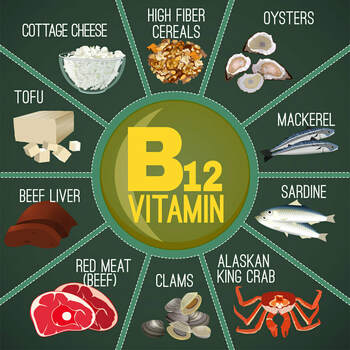
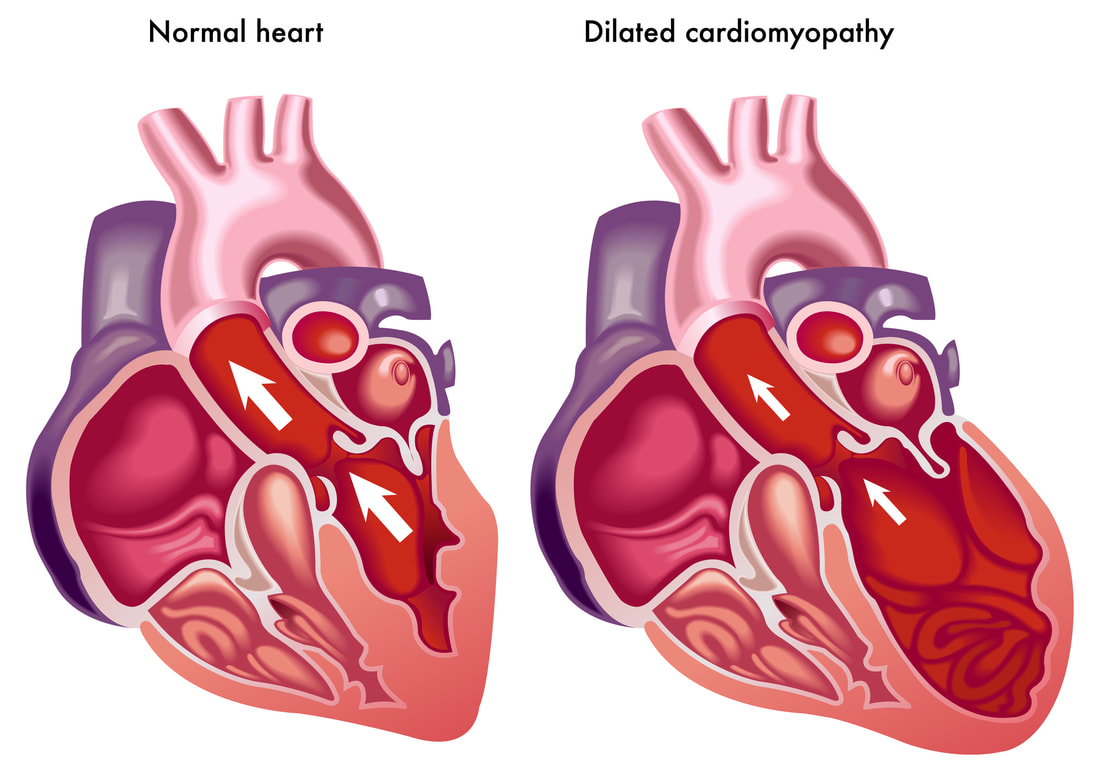
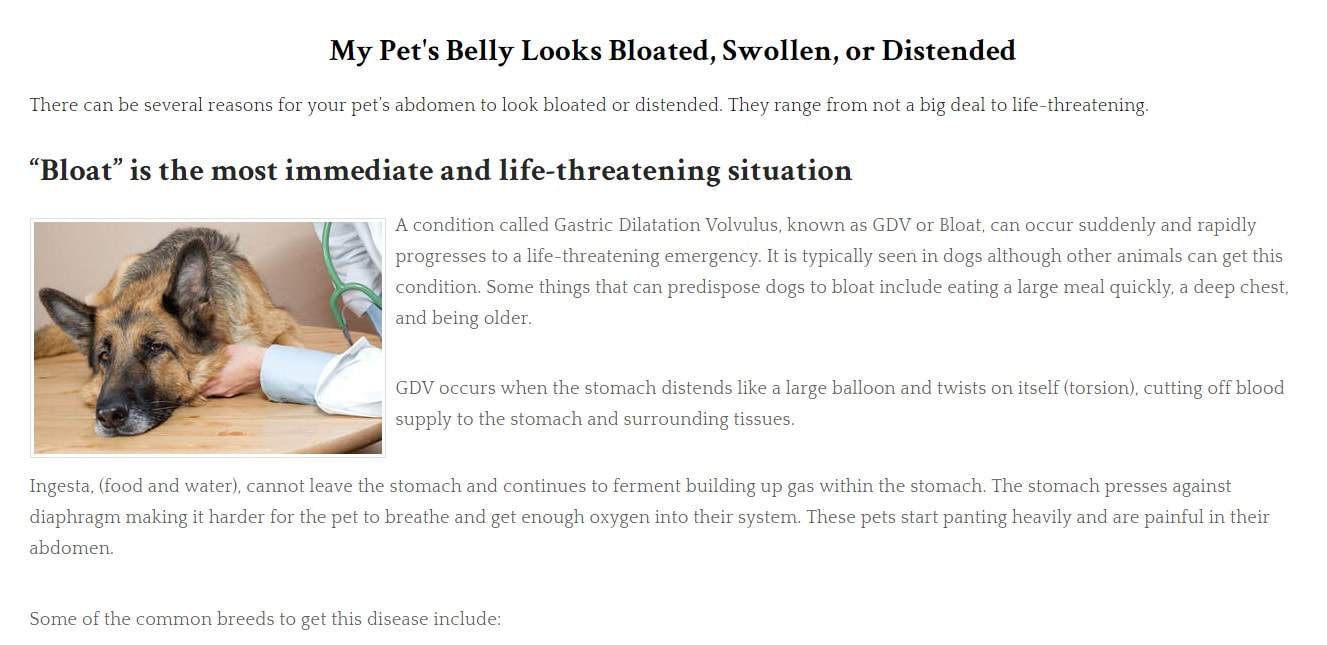

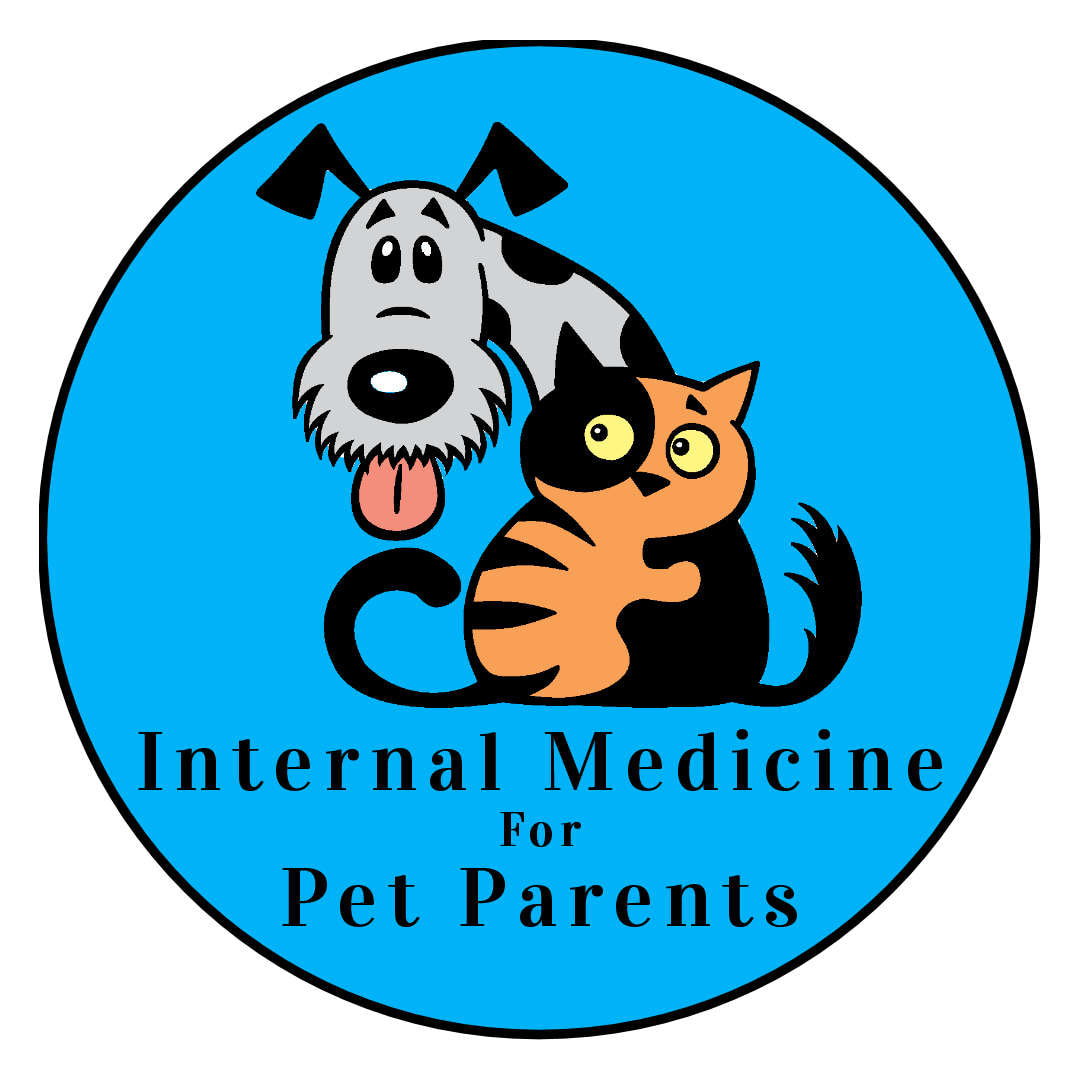
 RSS Feed
RSS Feed